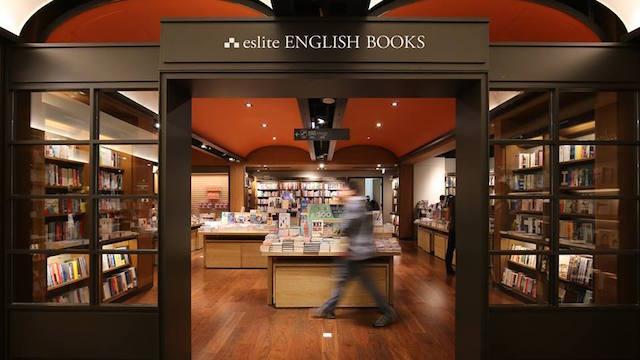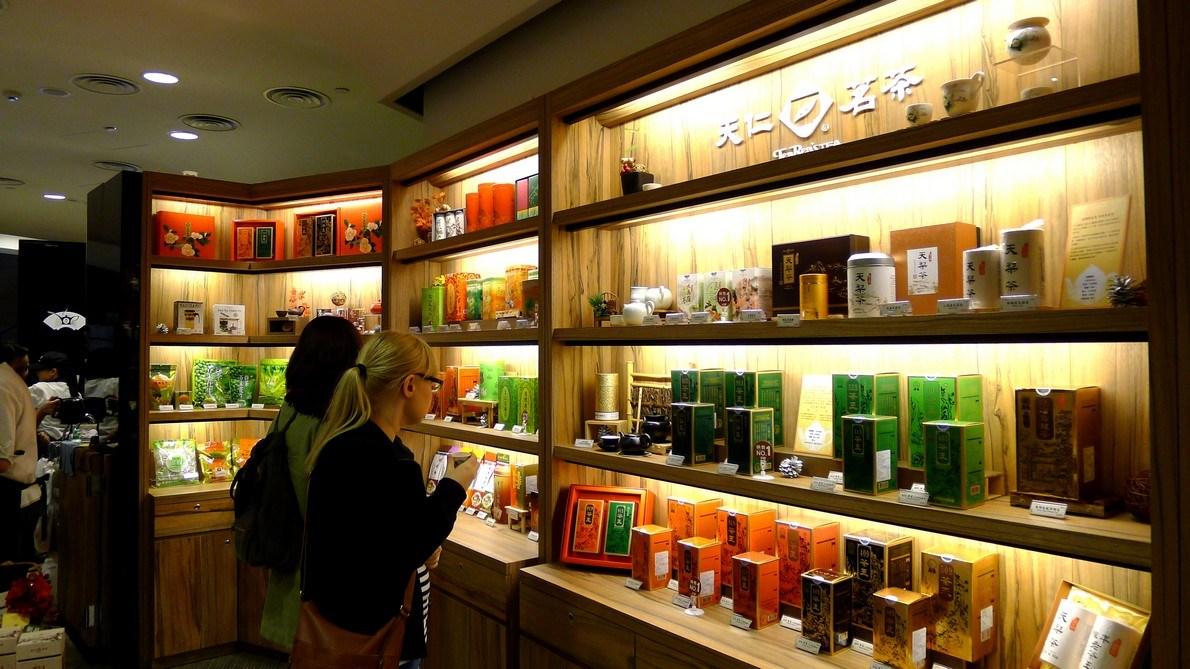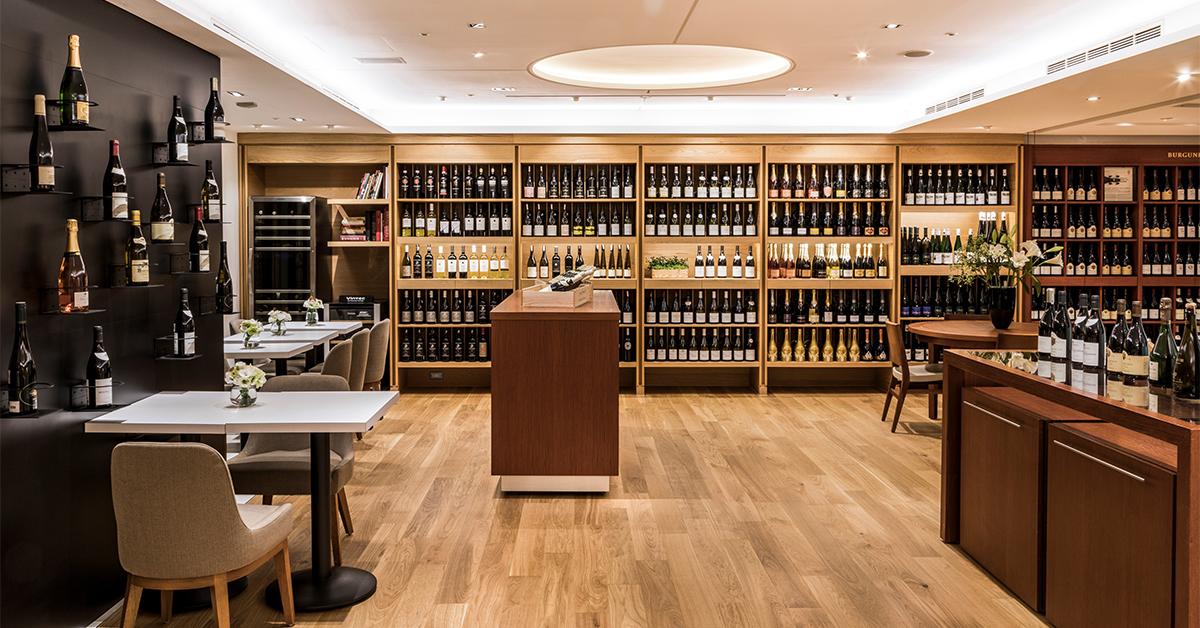

Traditional bookstores are dying. Case in point: Page One. Once the largest bookstore chain in Hong Kong, the Singapore-based company first entered the city in the 1990s. By 2016, all of its stores and outlets in the city have closed. In fact, globally, bookstore chains have long been in decline. America’s biggest bookstore chain Barnes & Noble has seen its sales slide for 11 years. In the UK, the number of independent bookshops has fallen below 1,000 – a third fewer than a decade ago.
There is, however, a silver lining. Around the same time when Page One closed its stores, Eslite, the Taiwanese retail bookstore chain, opened 3 new locations in Hong Kong. In 2016, Eslite attracted about 180 million people to its bookstores globally, up 26 percent over the previous year. How does Eslite buck this global trend and thrive in a market where its competition wither?
Things are bad for bookstores and the general retail industry because:
1. People are spending more on experiences
This is happening everywhere. Tourists no longer want a packaged European tour featuring 13 cities in 12 days. They want wine tastings in Boudreaux, cooking classes in Tuscany and paragliding lessons in the Swiss alps. Post-grads shell out $120K to pursue MBA degrees overseas not for the content that otherwise cost a fraction of the price online, but for the chance to live in the most cosmopolitan cities in the world. In sum, consumers no longer shop for the item, but for the experience. This also explains why department stores, with its boring displays and outmoded layouts, are taking the hardest hits.
2. Online retail giants are eating traditional retail’s lunch
In China, Tmall and Taobao combined command 80.5% of the online retail market. Similarly, in the US, Amazon holds 44% of market share for online commerce. The Seattle firm once put retail bookstores out of business. Today, it continues to threaten dozens of industries including electronics, consumables, groceries and even healthcare. With improved delivery infrastructure and flexible return policies, online shopping is cheaper and easier than ever. Why go to a store when you can find the same product for less online?
As an added blow to bookstores, people simply don’t read anymore. Combined, these factors have created a perfect storm that is bound to hit traditional bookstores hard. To survive, they must adapt to survive.
And adapt, Eslite did.
Like any other brick-and-mortar store, retail bookstores rely on building an inventory and base its profit on book copies sold. For obvious reasons (see above), this business model is longer sufficient to survive in today’s market. Retail stores who refuse to pivot are effectively casting a death spell on themselves. Others who are open to the change and swiftly take action, survive, and in some cases, even flourish. Look at Best Buy, Apple and Starbucks.
Unlike Page One, Eslite envisaged the death of the traditional bookstore. In light of the company’s plans to expand in 2016, Robert Wu, founder of Eslite, said: “Providing information alone is clearly not enough to attract readers to step into bookstores nowadays. Eslite is trying to deliver a lifestyle and a great feeling worthy of humans.”
How does Eslite deliver a “lifestyle” to its visitors? It leases space to cafes, restaurants, and boutique stores (stores need to apply to be considered), so visitors not only get to buy or read books, but also hop across stores to shop for lifestyle and creative products, then enjoy a cup of coffee all in the same complex. Some Eslite stores even offer interactive activities including glass-blowing, wood-working, silversmithing and leather crafting, in exchange for a small fee. Weekly culinary classes, book clubs and meet-and-greets are regularly held to foster a sense of community. In short, Eslite became a destination where books are no longer the star, but part of the ensemble.

A typical interior of an Eslite bookstore. Rooms and booths such as “Forum” or “Traveler’s Selects” are commonly featured in Eslite to integrate lifestyle elements to the store.
In Hong Kong, the company has taken a step further to tailor each of its store to match the specific nature of the district. Taikoo Shing, a predominantly residential area, is home to an Eslite store that focuses more on family and lifestyle elements. Comparatively, the Causeway Bay branch features more fashion boutique stores given the district’s reputation as a shopping destination.
This strategy clearly worked. As it stands, Eslite is the only Chinese bookstore chain that has outlets on the mainland, Hong Kong and Taiwan. In fact, to call Eslite a bookstore chain feels outdated as it is no longer in the business of selling books. It is in the business of experiential retail – integrating arts and creativity into daily life through careful curation to create an experiential destination for not just avid readers, but for everyone.

Eslite’s Causeway Bay branch in Hong Kong sells tea related products to appeal to local shoppers.

An Eslite wine cellar in one of its Taiwan branches.
In the face of declining retail bookstores, Eslite shines as a beacon of hope- at least, for now. In a market where consumer grow increasingly selective and demand more and more from a shopping experience, companies can only stay alert and nimble when change is needed.
Wu himself admitted, “Survival is not easy. Every physical bookstore in the world faces a dilemma. It’s not just about innovation. We also have to cut a lot of costs. Only then can we survive after a struggle.”
Despite of the unpredictability that lies ahead, he was, however, adamant about one thing:
“But we won’t become a department store.”
A Labbrand Group Company © 2005-2025 Labbrand All rights reserved
沪ICP备17001253号-3To improve your experience, we use cookies to provide social media features, offer you content that targets your particular interests, and analyse the performance of our advertising campaigns. By clicking on “Accept” you consent to all cookies. You also have the option to click “Reject” to limit the use of certain types of cookies. Please be aware that rejecting cookies may affect your website browsing experience and limit the use of some personalised features.